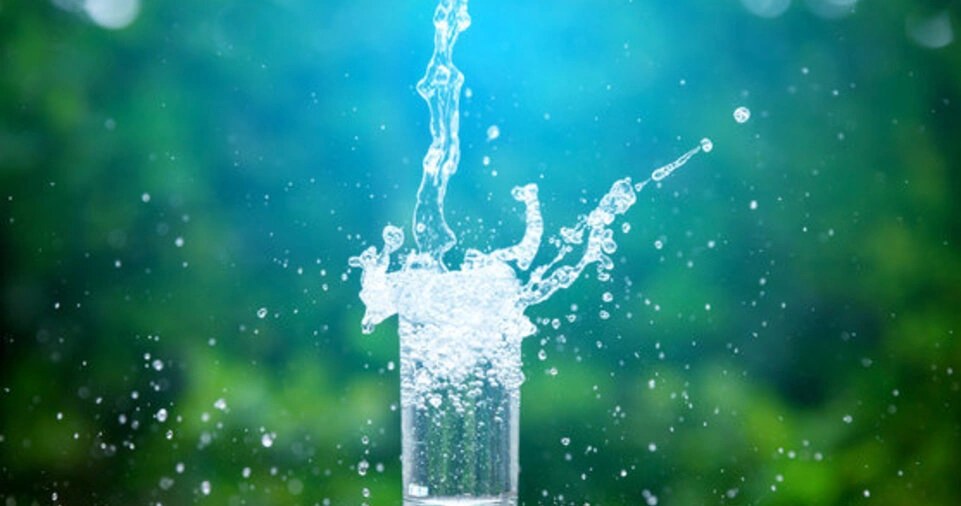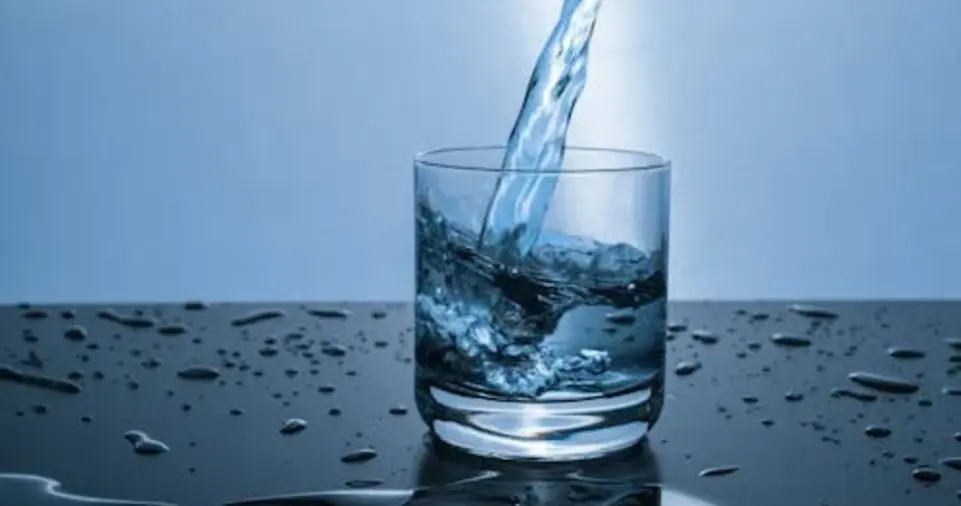Water is the most fundamental element of life, yet many people underestimate its significance in maintaining overall health and well-being.
Hydration plays a crucial role in nearly every bodily function, from regulating temperature and digestion to ensuring proper circulation and nutrient absorption.
Despite its importance, studies show that a large percentage of people do not consume enough fluids daily, leading to dehydration and its associated health risks.
Dehydration can cause headaches, fatigue, difficulty concentrating, and even more severe complications if not addressed.
The human body comprises approximately 60% water, making it vital to replenish lost fluids to keep all systems functioning optimally.
In this article, we will explore the importance of hydration, the benefits it offers, and practical strategies to maintain proper hydration levels throughout the day.
By understanding the signs of dehydration and the best ways to stay hydrated, you can improve your overall health, energy levels, and cognitive function.
Let’s dive into the essentials of hydration and how you can ensure you’re meeting your daily fluid intake needs.
Why Hydration Matters
The Role of Water in the Body
Water is involved in nearly every bodily function, making it one of the most essential nutrients. It acts as a building block, a solvent, and a transport medium for vital substances.
Here are some critical roles of water in the body:
- Regulates Body Temperature: Sweating and respiration help cool the body down, preventing overheating during physical activity or in hot environments.
- Aids Digestion and Nutrient Absorption: Water is essential for breaking down food and absorbing nutrients in the digestive system.
- Supports Joint and Muscle Health: Synovial fluid, which lubricates joints, consists mainly of water, reducing friction and preventing pain.
- Facilitates Detoxification: Water helps flush toxins out of the body through urine, sweat, and bowel movements, preventing harmful substances from accumulating.
- Improves Brain Function: Proper hydration ensures optimal cognitive function, concentration, and memory retention.
The Dangers of Dehydration
When the body does not receive an adequate amount of water, dehydration occurs.
Dehydration can lead to mild discomfort at first but can quickly escalate into severe health problems.
Some common effects of dehydration include:
- Fatigue and Low Energy: A lack of water reduces blood volume, making it harder for the heart to pump oxygen to the brain and muscles.
- Headaches and Dizziness: Dehydration can cause reduced oxygen supply to the brain, triggering headaches and dizziness.
- Constipation and Digestive Issues: Without enough water, the digestive system slows down, leading to constipation and bloating.
- Increased Risk of Kidney Stones: Dehydration leads to concentrated urine, increasing the risk of developing kidney stones.
- Impaired Cognitive Function: Studies show that even mild dehydration can negatively impact mood, focus, and memory.
Recognizing the signs of dehydration and taking preventive measures can help maintain optimal hydration levels.
ALSO READ: Are Lab-Grown Diamonds as Good as Natural Diamonds?
How to Stay Hydrated

Drink Enough Water Daily
One of the simplest yet most effective ways to stay hydrated is to drink enough water daily.
While the general recommendation is to consume at least 8 glasses (about 2 liters) of water per day, individual needs vary based on factors such as age, activity level, climate, and overall health.
Some experts suggest following the “half-body weight rule,” where you drink half of your body weight in ounces of water.
For example, if you weigh 160 pounds, you should aim for 80 ounces (approximately 2.4 liters) of water daily.
Eat Hydrating Foods
Water intake does not have to come exclusively from drinking water.
Many fruits and vegetables have high water content and contribute significantly to overall hydration.
Some of the best hydrating foods include:
- Cucumber (96% water)
- Watermelon (92% water)
- Strawberries (91% water)
- Oranges (86% water)
- Celery (95% water)
- Tomatoes (94% water)
- Spinach (91% water)
Incorporating these foods into your diet can help you maintain hydration while also providing essential vitamins, minerals, and fiber.
Set Hydration Reminders
Many people forget to drink water due to busy schedules or a lack of habit.
Setting reminders can help ensure you maintain proper hydration.
Some useful strategies include:
- Using a water tracking app like WaterMinder or Hydro Coach.
- Setting hourly reminders on your phone.
- Keeping a water bottle visible at your desk or workstation.
- Drinking a glass of water before meals to establish a habit.
Carry a Reusable Water Bottle
Having a reusable water bottle makes it easier to stay hydrated throughout the day.
Choose a bottle that is portable, insulated (to keep your water cool), and holds enough water to meet your hydration goals.
Stainless steel and BPA-free plastic bottles are popular options.
Try Herbal Teas or Infused Water
If plain water feels too boring, try drinking herbal teas or infused water. Adding natural flavors can make hydration more enjoyable.
Some refreshing infusion ideas include:
- Lemon and Mint Water: Boosts digestion and refreshes the body.
- Cucumber and Lime Water: Provides hydration with a crisp, cooling effect.
- Berry Infused Water: Adds natural sweetness and antioxidants.
- Ginger and Honey Tea: Soothes digestion and enhances hydration.
Monitor Your Urine Color
A simple way to check hydration levels is by observing the color of your urine:
- Pale yellow or light straw color: Proper hydration.
- Dark yellow or amber color: Mild dehydration; drink more water.
- Brownish urine: Severe dehydration; seek medical attention.
Drink Before You Feel Thirsty
Thirst is a delayed indicator of dehydration. By the time you feel thirsty, your body has already started experiencing fluid loss.
Instead of waiting for thirst to signal water intake, develop a habit of sipping water throughout the day.
Adjust Hydration for Exercise and Weather
Physical activity and hot weather increase fluid loss due to sweating.
To compensate for this:
- Drink extra water before, during, and after exercise.
- Replenish electrolytes by consuming drinks with sodium, potassium, and magnesium if engaging in prolonged physical activity.
- Wear lightweight, breathable clothing to reduce sweat loss.
ALSO READ: Where to Buy the Best Hair Removal Machine: A Buyer’s Guide
Conclusion
Hydration is fundamental to overall health and well-being.
Proper hydration supports digestion, cognitive function, energy levels, and organ health while preventing dehydration-related complications.
By drinking enough water, consuming hydrating foods, setting reminders, and monitoring urine color, you can easily maintain adequate hydration levels.
Small lifestyle changes, such as carrying a reusable water bottle and trying infused water, can make hydration a daily habit.
Prioritize hydration today for a healthier, more energetic life!

